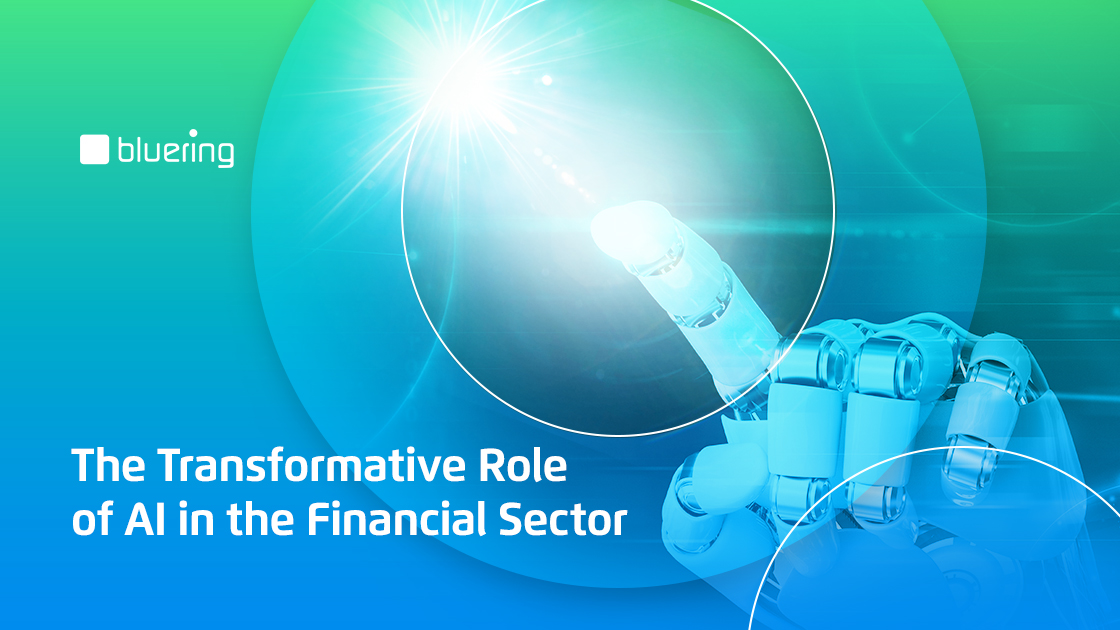May 5th, 2025
2-Minutes Read
Artificial Intelligence (AI) is no longer a futuristic concept—it is now a powerful driver of innovation across the financial sector. From automating mundane tasks to improving credit risk evaluation and fraud detection, AI is reshaping how banks and financial institutions operate, compete, and deliver value to their clients. As the industry faces mounting regulatory expectations and increasing complexity, AI offers an opportunity to create smarter, more resilient, and agile financial systems.
Redefining Risk Management and Compliance
One of the most significant contributions of AI in banking is within risk management and compliance. According to McKinsey & Company, generative AI is poised to revolutionize how banks identify, evaluate, and mitigate risks. Traditional risk management frameworks rely on vast manual input and rigid rule-based models. In contrast, AI introduces dynamic, self-learning systems that analyze large volumes of structured and unstructured data to detect patterns, forecast trends, and flag anomalies in real-time.
Generative AI, in particular, is being applied to automate the creation of compliance reports, simulate complex risk scenarios, and draft policy responses tailored to regulatory updates. By reducing the time spent on manual processes, banks can focus on strategic decision-making and enhance the accuracy of compliance outcomes. McKinsey estimates that these AI-driven efficiencies can significantly reduce operational costs while strengthening the resilience of financial institutions.
Predictive Capabilities for Proactive Risk Strategies
Similarly, KPMG underscores AI’s critical role in redefining risk strategies through automation, predictive analytics, and improved data quality. The firm highlights that AI tools can provide early warning signals by continuously monitoring customer behavior, market changes, and transactional data. This enables institutions to proactively manage credit, liquidity, and operational risks rather than reactively responding to crises.
AI-Powered Personalization and Customer Experience
AI is also playing a key role in customer-centric innovation. Advanced analytics and machine learning models allow banks to personalize products and services based on individual customer profiles. From credit scoring to dynamic loan pricing and tailored marketing, AI ensures that financial services are more responsive, inclusive, and accessible.
Enhancing Fraud Detection and Security
Beyond internal operations, AI is strengthening external trust by enhancing fraud detection systems. Intelligent algorithms monitor transaction patterns and identify suspicious behavior far more accurately than rule-based models. This not only reduces false positives but also helps institutions respond faster to real threats.
Responsible AI Adoption and Ethical Considerations
However, both McKinsey and KPMG stress that AI adoption must be approached with caution and responsibility. The effectiveness of AI systems depends heavily on data quality, model transparency, and governance frameworks. Ensuring ethical use, addressing bias, and aligning AI outputs with regulatory standards are essential for building long-term credibility and impact.
Conclusion: AI as a Strategic Asset for Growth
In conclusion, AI is becoming a cornerstone of transformation in the financial industry. From automating risk assessments to delivering hyper-personalized services and safeguarding against threats, its potential is vast and growing. Banks and financial institutions that invest in AI thoughtfully will be better positioned to thrive in a fast-changing environment—operationally, strategically, and competitively.
References:
McKinsey & Company: How Generative AI Can Help Banks Manage Risk and Compliance
